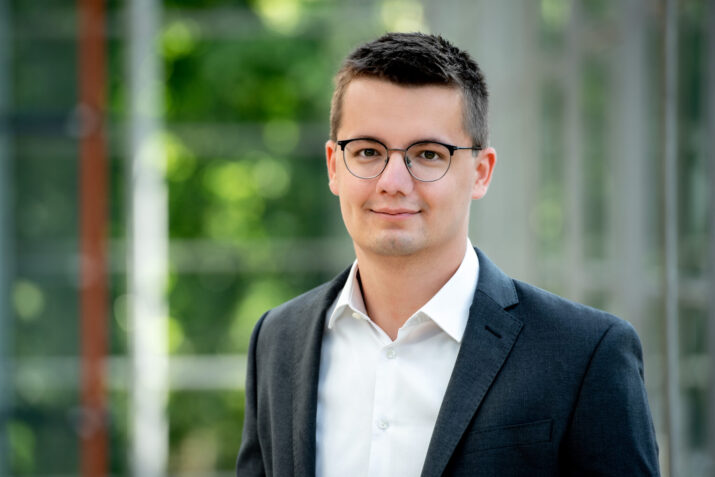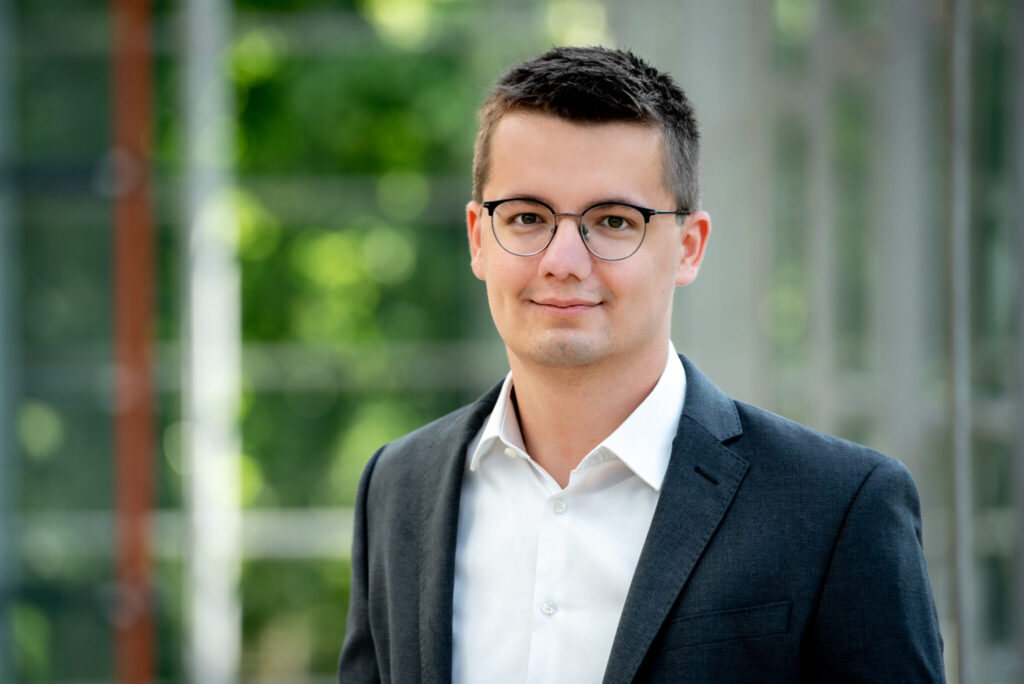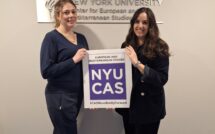

Interdisciplinary Perspectives on Energy and Climate: My CEMS Experience
As a PhD candidate in the Department of History at NYU and an advisee of Dr. Stephen Gross, the Director of the Center for European and Mediterranean Studies (CEMS), I am a participant in the CEMS network. I have had the privilege of participating in multiple events focused on global energy transitions from both a historical and contemporary perspective. From workshops in New York City to a conference in Munich, these experiences highlight CEMS’ collaborative spirit and commitment to promoting cutting-edge research and fostering dialog on highly relevant past and present issues in Europe and the Mediterranean.
In May 2024, I presented my research at the “Global Green Germany” workshop in Munich, which was hosted and sponsored by both CEMS and the Rachel Carson Center (Ludwig Maximilian University). The event focused on Germany’s historical development as a “green superpower,” looking at its environmental engagement from the Cold War era through the Berlin Republic and how this has been perceived internationally. My presentation focused on the Kreditanstalt für Wiederaufbau (KfW)—Germany’s most significant state investment and development bank—and the financing of environmental protection in Germany from 1971 to 1998. More precisely, I discussed the extent to which the KfW financed environmental protection initiatives in Germany, the programs and funding it provided, the evolution of its motives and political context, and what its history reveals about a potential German Sonderweg in environmental history. The workshop allowed me to engage with leading researchers in the field of energy transitions from all over the world and key figures in environmental history, such as the former Federal Minister for the Environment of Germany, Klaus Töpfer. In addition to academic insights, peers and mentors were provided various networking opportunities that fostered meaningful connections, reinforcing the global and interconnected nature of the CEMS network.
Later in 2024, I had the opportunity to attend, “Governing Transitions: Energy and Economic Knowledge in Postwar Europe,” an event hosted by NYU’s Remarque Institute. Dr. Gross and Dr. Daniela Russ (University of Leipzig) provided an in-depth examination of energy economics and policy, as well as energy as a subject of economic governance. The speakers investigated how historical, political, and economic forces influenced energy transitions in Germany. They emphasized Germany’s distinctive approach to energy, which integrates ecological modernization and state intervention, contrasting with the neoclassical and neoliberal ideas prevalent in the U.S. Key topics included the evolution of energy policy since the 1970s, the role of economic models in shaping policy, the intersection of energy, labor, and environmental protection, and the intellectual and conceptual history of energy. During the vibrant concluding discussion, the animated audience asked the speakers about Germany’s energy policy decisions, the impact of environmental protection on governance, and how political and economic contexts, including reunification, influenced energy transitions.
In November 2024, I presented at NYU’s “Understanding Energy Transitions” workshop, organized by Dr. Gross, that gathered scholars and practitioners from various academic and professional fields to explore issues of energy and climate change. Historians, economists, environmentalists, and literary scholars came together to discuss not only technological advancements but also the social, political, and economic implications of energy transitions. More precisely, the workshop series featured topics ranging from nuclear memory, fossil fuel politics, and environmental financing to sustainable food systems, community solar strategies, and energy affordability. My presentation focused on the financing of environmental protection in Germany following World War II. As a researcher, I greatly benefited from the subsequent exchange with this diverse group of experts about my work.
These experiences point to the unique value that CEMS offers in addressing global challenges, as well as for the Center’s students, faculty, and wider network. Through events such as the “Understanding Energy Transitions” workshop, the Remarque Institute’s “Governing Transitions” event, and the “Global Green Germany” conference in Munich, I have grown significantly as a student, researcher, and global citizen. As we confront an era marked by climate and energy crises, the interdisciplinary and international approach promoted by CEMS provides hope and direction. I feel honored to be able to contribute to this ongoing dialogue and am excited for the opportunities that lie ahead.
Author Bio
Dennis Dünnwald is a PhD student in Modern European History at NYU. His research interests include economic crises, the histories of capitalism and political economy, environmental history, and modern Germany.




